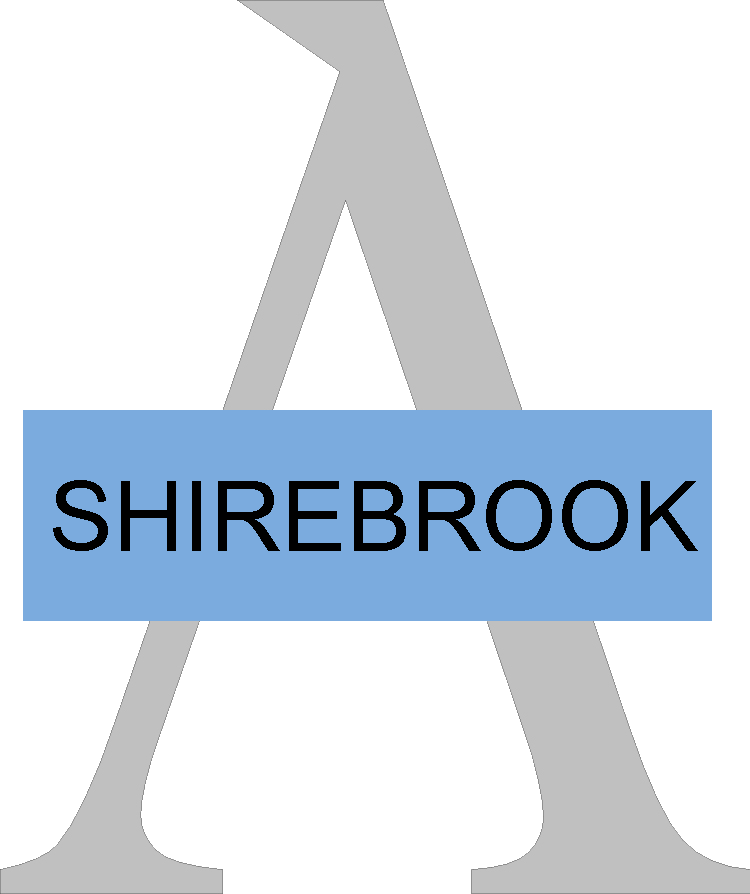Computing
Computing Curriculum Intent
“Whether you want to uncover the secrets of the universe, or you want to pursue a career in the 21st century, basic computer programming is an essential skill to learn.” – Steven Hawking
Computers are now part of everyday life and, for most of us, technology is essential to our lives, at home and at work; and the world continues to evolve exponentially into a digital one. Computing is an umbrella term to encompass three different strands that we offer to learners of our subject: Computer Science, Digital Media & Digital Literacy. Computer science is the scientific and practical study of computation: what can be computed, how to compute it, and how computation may be applied to the solution of problems. How digital systems work and how to put this knowledge to use through programming. Digital Media is the creative and hands-on approach to researching, planning and developing media products to communicate in the digital world. Digital Literacy is the discrete ability to effectively, responsibly, safely and critically navigate, evaluate and create digital artefacts using a range of digital technologies at a level suitable for the future work place and as active participants in a digital world.
The Purpose of Study outlined by the National Curriculum Programme of Study for KS3 & 4 states – “A high-quality computing education equips pupils to use computational thinking and creativity to understand and change the world. Computing has deep links with mathematics, science, and design and technology, and provides insights into both natural and artificial systems. The core of computing is computer science, in which pupils are taught the principles of information and computation, how digital systems work, and how to put this knowledge to use through programming. Building on this knowledge and understanding, pupils are equipped to use information technology to create programs, systems and a range of content.”
‘Computational thinking’, understanding computers and using them creatively and responsibly are knowledge and skills that all young people must learn if they are to be ready for the workplace, make informed choices and be able to participate effectively in the digital world.
Our KS3 curriculum is continually evolving to ensure we take into consideration the Computing journey our feeder primaries have been on for this relatively new area of study. The nature of our spiral curriculum means topics are revisited and expanded on each year, allowing for easier support and challenge. Throughout KS3 our students have ample opportunities to explore all 3 strands of Computing which in turn gives them the breadth and depth needed to make them confident and competent digital citizens and prepare them for making their choices at KS4. Students have the option to continue their educational journey along the Computer Science and/or Digital Media & Literacy strand through the qualifications on offer within the department. For more detailed information regarding the content of our KS3 curriculum, please see our journey maps and curriculum overview.
“Those who can imagine anything, can create the impossible.” ― Alan Turing
